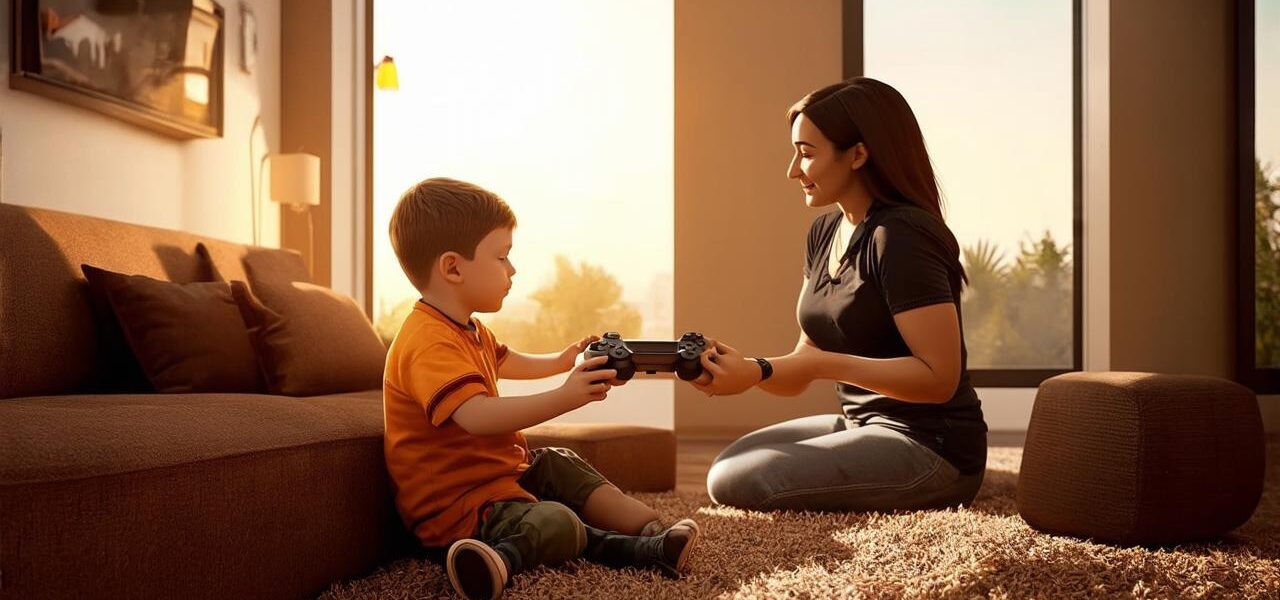What is Video Game Addiction?
Video game addiction, also known as Internet addiction or digital addiction, occurs when a person becomes so obsessed with playing video games that it interferes with their daily life. This can include neglecting responsibilities such as schoolwork, relationships, and personal hygiene. Signs and symptoms of video game addiction may include:
- Spending an excessive amount of time playing games, often to the point of neglecting other important activities
- Experiencing mood swings or irritability when unable to play
- Feeling a sense of anxiety or depression when not playing
- Being overly critical or hostile towards others who do not understand their passion for gaming
- Lying about or hiding how much time they spend playing games
- Losing touch with reality and becoming disconnected from the world around them
Potential Causes and Effects of Video Game Addiction
There are several potential causes of video game addiction, including:
- Genetics: Some people may be more prone to developing an addiction due to their genetic makeup.
- Environmental factors: Stress, trauma, or a lack of social support can contribute to the development of an addiction.
- Neurobiological factors: The release of dopamine and serotonin during gameplay can trigger feelings of pleasure and reward, leading to a cycle of compulsive behavior.

The effects of video game addiction can be far-reaching, including:
- Decreased productivity and academic performance
- Strained relationships with family and friends
- Financial problems due to excessive spending on games or related equipment
- Physical health issues such as poor posture, eye strain, and headaches from prolonged gaming sessions
- Mental health issues such as depression, anxiety, and substance abuse
How to Help Your Child Overcome Their Addiction
The first step in helping your child overcome their video game addiction is to recognize the signs and symptoms. This may involve setting limits on the amount of time they spend playing games or monitoring their behavior closely. It is also important to establish open communication with your child, allowing them to express their thoughts and feelings without judgment.
Once you have identified the problem, it is essential to create a plan for change. This may include setting specific goals, such as limiting gameplay to a certain number of hours per day or taking regular breaks throughout the day. It can also be helpful to involve your child in other activities they enjoy, such as sports, music, or art, to help them develop a more balanced lifestyle.
If your child’s addiction is severe, it may be necessary to seek professional help. This could include therapy, counseling, or support groups specifically designed for video game addicts and their families. It is also important to remember that recovery from addiction is a process and may take time and effort.
How Developers Can Create Less Addictive Games
For developers, it is essential to create games that are balanced and not overly addictive. This can be achieved by incorporating elements of self-control, such as time limits or progress tracking, into gameplay. It can also be helpful to include features that allow players to take breaks or step away from the game for a period of time without losing their progress.
In addition, developers should avoid creating games that rely heavily on the release of dopamine and serotonin, as this can contribute to addictive behavior. Instead, they should focus on creating games that promote positive social interactions and provide a sense of accomplishment and satisfaction.
FAQs
Q: How do I know if my child is addicted to video games?
A: If your child is spending an excessive amount of time playing games, neglecting other important activities, or experiencing mood swings or irritability when unable to play, they may be addicted.
Q: What can I do if my child’s addiction is severe?
A: It may be necessary to seek professional help, such as therapy or counseling, or involve them in other activities they enjoy to help them develop a more balanced lifestyle.




